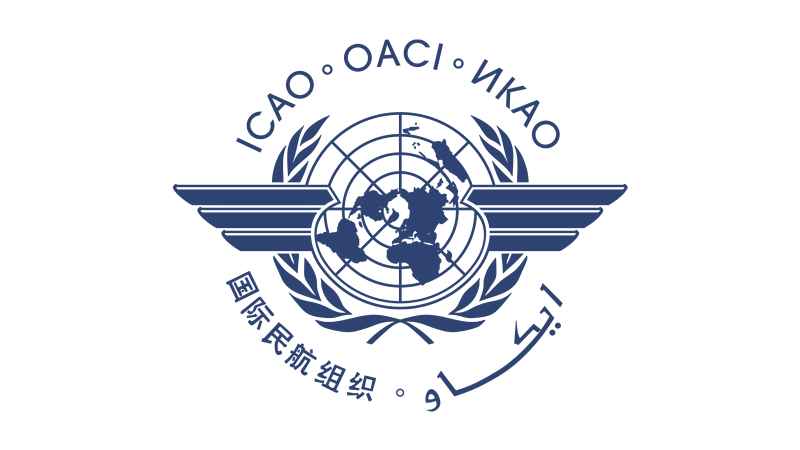The International Civil Aviation Organisation (ICAO) yesterday said that 521 new international air service agreements resulted from its most recent Air Services Negotiation (ICAN) event which was attended by over 700 participants representing 97 countries.
These represent record-breaking outcomes for this edition of the annual meeting which was hosted by the General Authority of Civil Aviation of the Kingdom of Saudi Arabia in December, 2023, a statement published by ICAO yesterday revealed.
In recognition of aviation’s crucial role as a catalyst for sustainable development worldwide, the ICAN series was launched in 2008 to facilitate the initiation or renegotiation of the bilateral and multilateral state agreements that form the regulatory foundation of the modern civil aviation network.
ICAO promotes several key priorities for states when supporting their air services negotiations, including liberalised market access for airlines, the removal of barriers to access wider capital markets and relaxed nationality requirements for airlines’ ownership.
END Fund, IHS Nigeria partner to combat neglected tropical diseases
UK suspends British-Nigerian minister for calling Israel’s actions ‘genocide’
Priorities of the meetings include commitments to convergent and effective regulatory practices supported by good governance and recognition of the need for modernised infrastructure and passenger facilitation processes.
Those commitments will continue to support safety, security, environmental sustainability, capacity and resilience objectives, as well as the implementation of effective national competition and consumer protection frameworks and full compliance with current ICAO policy guidance on taxes, charges and fees.
Aspirational goals agreed by governments towards the decarbonisation of air transport by 2050 support the expansion of air service agreements associated with these environmental engagements.
This is further supported by initiatives led by ICAO to support the development and implementation of the technologies, operational improvements and cleaner aviation fuels that decarbonisation requires.

 Join Daily Trust WhatsApp Community For Quick Access To News and Happenings Around You.
Join Daily Trust WhatsApp Community For Quick Access To News and Happenings Around You.


